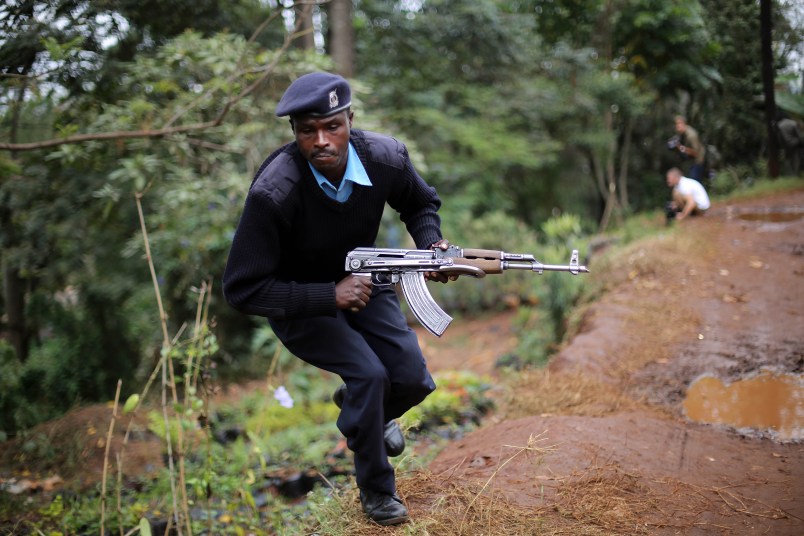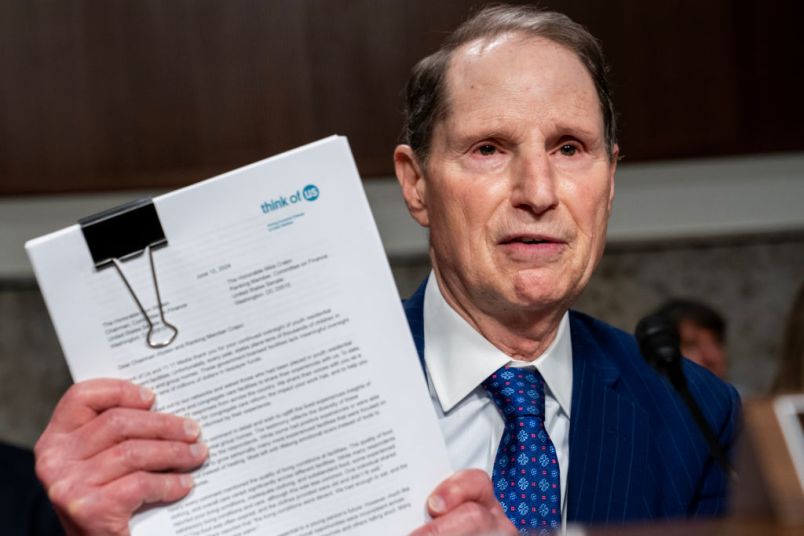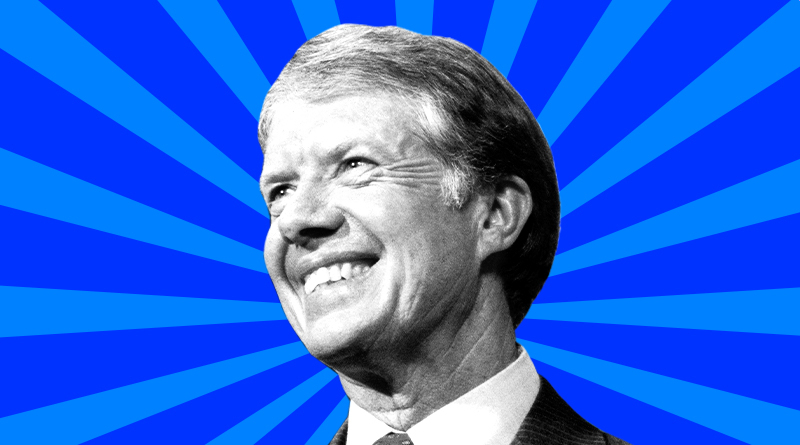NAIROBI, Kenya (AP) — The terrorists who took control of a Nairobi mall and held off Kenyan security forces for four days have been defeated after killing at least 67 civilians and government troops, Kenyan President Uhuru Kenyatta said Tuesday.
He said those killed include 61 civilians whose bodies have been recovered so far and six security forces, while nearly 200 were injured, including 62 who remain hospitalized.
Three floors of the mall collapsed and several bodies were trapped in the rubble, said Kenyatta. His office later said a terrorist’s body was among those in the debris.
Five other attackers were killed by gunfire, he said.
“We have ashamed and defeated our attackers,” Kenyatta said in the televised address to the nation.
He said 11 other suspects had been arrested; authorities had previously announced the arrest of seven at the airport and three elsewhere.
“These cowards will need justice as well their accomplices and patrons, wherever they are,” Kenyatta said.
Kenyatta declared three days of national mourning starting Wednesday.
Kenyan forces had for more than two days said they were in the “final phase” of the operation, only to be battled back by the militants inside the building.
Explosions rang from the upscale Westgate mall in Nairobi throughout Tuesday, and the chatter of gunfire from inside the building could also be heard. Fresh smoke rose from the building in the afternoon.
The Kenyan Red Cross had previously said 62 people had been killed, and it seemed certain that the number of confirmed deaths would rise as security forces comb the building.
Nairobi’s city morgue had already braced for the arrival of a large number of bodies of people killed, an official said.
Kenyan Red Cross spokesman Abbas Gullet said it was still not known how many more may be dead inside the building.
“It is certainly known that there are more casualties,” he said.
A government official told The Associated Press that the morgue was preparing for up to an additional 60 bodies, though the official didn’t know an exact count. The government official insisted on anonymity so he would not face retribution from government officials.
Earlier Tuesday the al-Qaida-linked attackers used social media to give accounts of the fighting inside the mall that conflicted with the government reports.
“There are countless number of dead bodies still scattered inside the mall, and the mujahideen are still holding their ground,” the Somali rebel group al-Shabab said earlier in the day in a Twitter message considered to be genuine.
It added that the hostages are “still alive looking quite disconcerted but, nevertheless, alive.”
But there were no tweets from the al-Shabab account immediately after Kenyatta’s address.
Al-Shabab, whose name means “The Youth” in Arabic, said the mall attack was in retribution for Kenyan forces’ 2011 push into neighboring Somalia. African Union forces pushed the al-Qaida-affiliated group out of Somalia’s capital in 2011.
“You could have avoided all this and lived your lives with relative safety,” the group Tweeted Tuesday. “Remove your forces from our country and peace will come.”
Kenyatta said “initial reports had suggested that a British woman and two or three American citizens may have been involved in the attack,” but that “we cannot confirm the details at the moment.
He said experts were working to try and determine the nationalities of the terrorists.
A security expert with contacts inside the mall described the attackers as “a multinational collection from all over the world.”
Earlier, Kenyan Foreign Minister Amina Mohamed had said “two or three Americans” and “one Brit” were among those who attacked the mall.
She said in an interview with the PBS “NewsHour” program that the Americans were 18 to 19 years old, of Somali or Arab origin and lived “in Minnesota and one other place” in the U.S. The attacker from Britain was a woman who has “done this many times before,” Mohamed said.
U.S. officials said they were looking into whether any Americans were involved. State Department spokeswoman Jen Psaki said Monday that the department had “no definitive evidence of the nationalities or the identities” of the attackers.
A U.S. Embassy vehicle, identifiable by its numbered diplomatic license plate, arrived at the morgue on Tuesday. American officials have not confirmed the deaths of any U.S. citizens in the mall attack, but it appeared possible the Americans who visited the morgue — likely security officials with an agency like the FBI — could have been seeking information about one of the bodies inside.
Britain’s foreign office said it was aware of the Kenyan foreign minister’s remarks, but would not confirm if a British woman was involved.
Al-Shabab, responding to a request from AP, denied that any women had attacked the mall.
“We have an adequate number of young men who fully committed and ready to sacrifice their lives for the sake of Allah and for the sake of their religion, so there is no need for us to employ our sisters in the battlefield and thereby expose them to unnecessary risk. So these are just baseless rumours that have no substance,” said the al-Shabab press office in what is thought to be an authentic email address.
The attack began on Saturday when some 12 to 15 al-Shabab militants invaded the mall, wielding grenades and firing on civilians inside the complex, which includes shops for Nike, Adidas and Bose and is popular with foreigners and wealthy Kenyans.
The militants specifically targeted non-Muslims, and at least 18 foreigners were among the dead, including six Britons, as well as citizens from France, Canada, the Netherlands, Australia, Peru, India, Ghana, South Africa and China. Nearly 200 people were wounded, including five Americans.
The attack at the Westgate mall in Nairobi’s Westlands neighborhood was the deadliest terrorist attack in Kenya since the 1998 al-Qaida truck bombing of the U.S. Embassy in Nairobi, which killed more than 200 people.
___
Associated Press reporters Jason Straziuso, Rodney Muhumuza, Ben Curtis, Adam Schreck and Jacob Kushner in Nairobi, Kenya, Cassandra Vinograd in London, and Abdi Guled in Mogadishu, Somalia, contributed to this report.
Copyright 2013 The Associated Press. All rights reserved. This material may not be published, broadcast, rewritten or redistributed.










